The Last of Us — Review
No technology in the world will help you if you forget one thing - humanity. Authenticity and realism applied usually only to the way of displaying and portraying the environment can go to hell when game characters look, act, and behave artificially. And then come the creators of Uncharted, allowing them to gaze and touch what they've created and breathe the air in a world affected by a pandemic. In these settings unfolds the unique story of a pair of protagonists, between whom a fragile relationship begins to take shape. Joel and Ellie are the main heroes of the survival action game The Last of Us by Naughty Dog.
Are characters in other games not moving realistically enough? Are they not speaking with the voices of Hollywood actors? Are games not running in ultra-high resolution? It's useless if a character starts jumping in place just because you're pressing X or if a discussing group ignores them and includes them in the conversation only when you speak. When they don't live in an environment where they move, when they don't perceive the surroundings and the surroundings don't notice them, they are nothing more than puppets. Joel and Ellie want to live to see another morning in a hostile environment, which they observe just like you.
The duo complements each other and simultaneously represents two opposites - Joel knew the world before the outbreak of the infection that creates a deadly tumor in the brain and turns people into mindless aggressive husks, Ellie was born in quarantine and is naturally curious about the world outside. When she comes across an old movie billboard, she asks what the movie was, comments on the writings on the walls, shakes her head at the problems of other young people who were troubled about what shirt to wear on a date, but at the same time realizes that even such distractions as reading comics must eventually end.
However, it's not just dialogues or telling jokes during the journey, in The Last of Us, it's as if the rules of games have stopped applying. Characters know when you're not with them, they'll wait for you around the corner if you decide to explore a room, and then they'll ask what you found there. They don't follow you like puppies; they entertain themselves by throwing arrows at a target, open dialogues on their own, suggest a way forward on their own, and occasionally take risks on their own, climbing over a fence or offering to crawl through a narrow ventilation shaft and open the door from the other side.
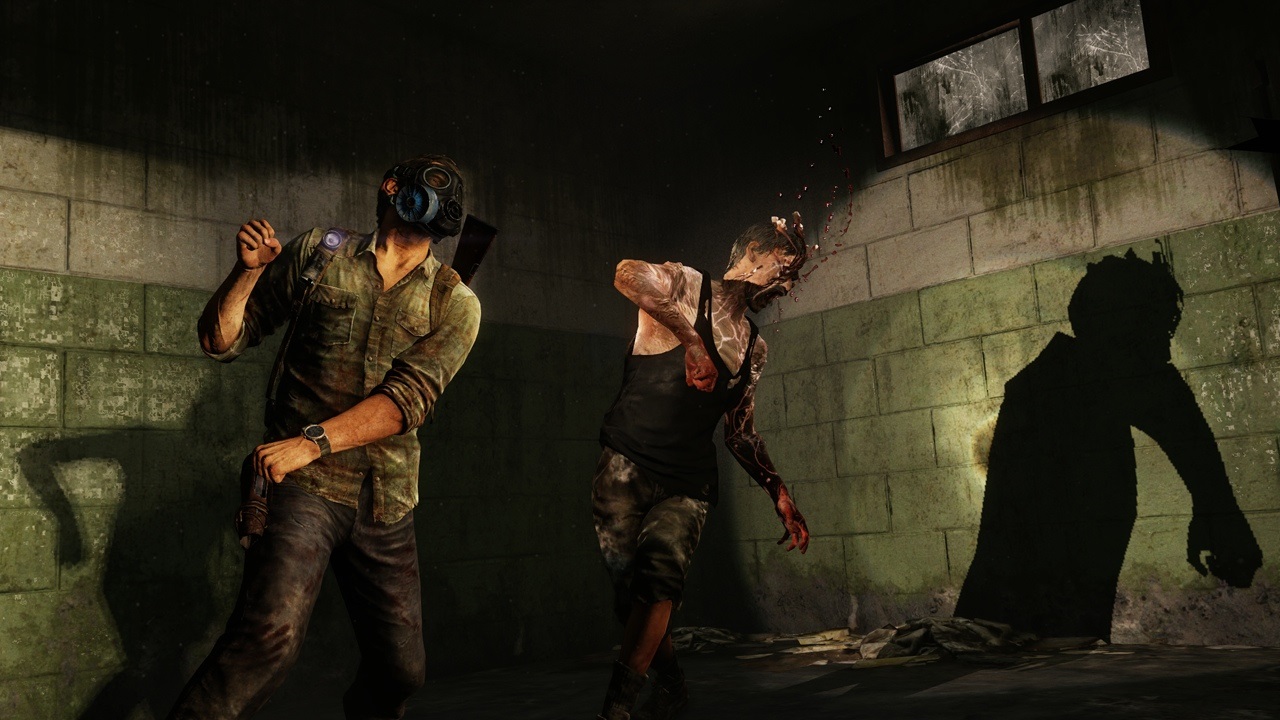
You don't need to give them any signals to jump onto an improvised raft, to climb a ladder brought to the wall, to wait for you. They handle all of that among themselves, without you. This gives you an amazing overview of an environment that is unfamiliar and dangerous at the same time, while deepening empathy towards the heroes. Just as the relationship between the smuggler Joel and the young Ellie begins to form from the very beginning, you start to empathize more and more with them, and the game is aware of that.
The world in The Last of Us is dying; infrastructure is non-existent, looted buildings are crumbling, dangerous mutants roam the streets, and nature has begun to reclaim urban territories, covering everything in greenery. People have stopped being neighbors, and for a meal ticket or a can of food, they are willing to kill, even if this act would extend their lives by only a second. America, where The Last of Us takes place, is a country without a future, with two heroes for whom you would do anything to keep them safe.
The game doesn't present you with choice A or B, nor does it coerce you like The Walking Dead does, but it acts. Whether you expect it or not. It sends hunters after you, unpleasant guttural noises of mutants echo in an underground garage, or footsteps are heard one floor above. The superb handling of tension creates such immense pressure that in your mind, you tell them to quietly endure it and not let you pull your feet out of the safety cover, without the need for overly rehearsed techniques like a wheezing mutant behind your back or the use of exaggerated dramatization through cutscenes. It relies on silence and solitude, making it all the more challenging.
Every encounter with enemies or other dangers is exceptionally intense and exhausting as a result, to the point where you put down the controller and refuse to continue - you want to buy time for Joel and Ellie, you don't need to see them suffer. You wish it would just end. In reality, you're not playing The Last of Us; you're fighting for your life. It's also the first game that breaks the boundaries of violence committed against children, women, and animals. The inevitable breakdown of society and desperate situation drives people to heinous acts, cannibalism, or attacking passersby. Paradoxically, the worst enemies are not mutants, although they are among the strongest, but humans - armed hunters.
The Last of Us is an action game with a very strong survival component that forces you to think and use the environment to your advantage, or whatever you have in your backpack. If you run out of bullets in your revolver, you have to resort to improvised knives or a steel pipe. Items wear out with use and cannot be repaired. The game strips you of all the comfort you've had in third-person actions so far.
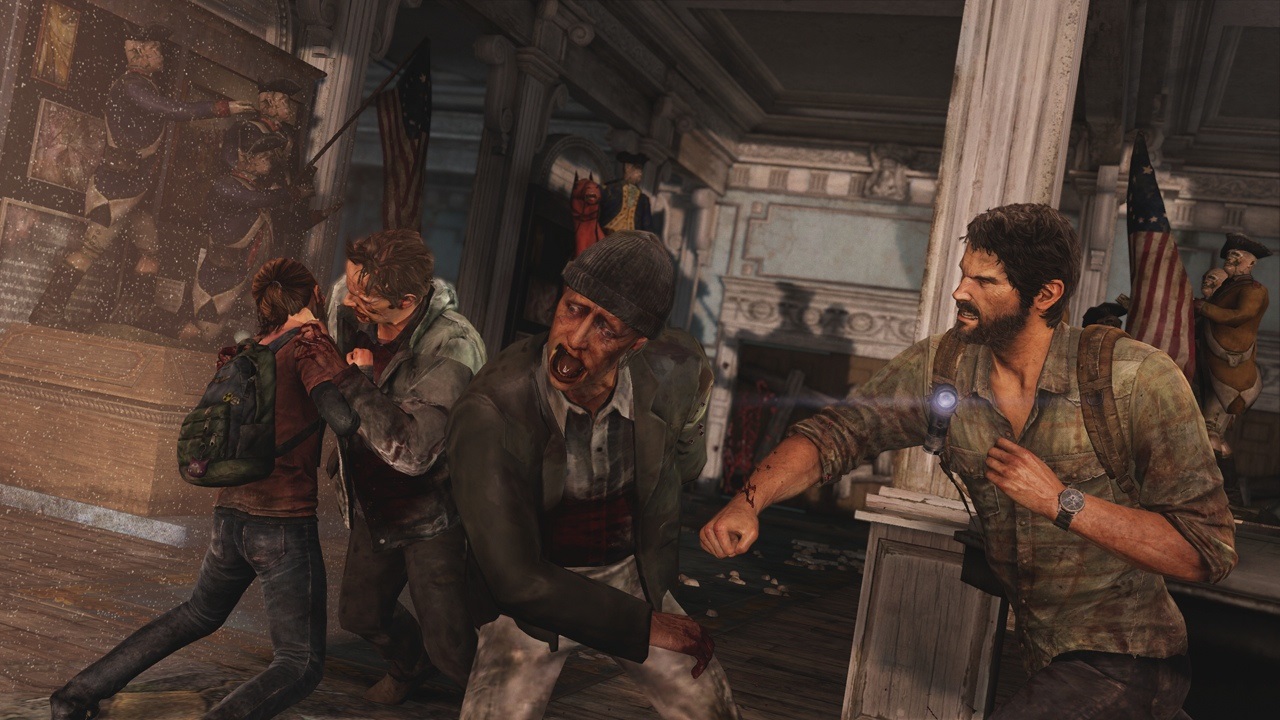
No map will mark the positions of hunters for you, won't tell you where they're looking, health doesn't replenish on its own, and no one guarantees that in that basement where you hear wheezing, you'll find the necessary components to build a bomb. The constant risk you take may not necessarily bring the desired reward. However, Joel can rely on his instinct, after activation of which he can identify characters in space based on sounds. But if they're not moving or waiting for you, you're caught. The Last of Us refuses to accept the modernization of games and their rules - there are no merchants, you'll never find a full magazine, and it won't lead you by the hand. You're on your own.
Don't want to search the upper floor or enter a house where someone is intensely banging on the door from the inside? You won't get to the tools needed for weapon upgrades. Refuse to enter buildings in the city? You won't find artifacts left by the original inhabitants or important items for crafting a first aid kit or a makeshift blade. In The Last of Us, you only perform actions that a middle-aged man and his young ward could handle. He's not able to defend himself against a group, he falls to his knees and lets himself be kicked, he can't use a flashy move to pacify an opponent from cover, nor can he jump from building to building. Everything you know from other actions is gone.
And this is what helps The Last of Us build an atmosphere of hopelessness and solitude. You can't rely on anyone, and even the few people you meet will eventually go their own way. You'll count bullets in your inventory, think twice about whether to invest in shooting speed or reloading, consider whether it's more advantageous to silently bypass enemies or risk a loud shot that will attract more from outside. But fear works both ways. When you manage to neutralize a group of hunters, the last one remaining starts to panic. Mutants are unpredictable, they summon more with a screech, and such Clickers (recognizable by their disgusting ticking) will kill you if you let them get close, but on the other hand, they won't notice you if you walk around them on tiptoes - they're blind.
For when the authors lock you in a shack where mutants are breaking in, you'll start to hate them. There's not much room to maneuver in half-collapsed interiors, and survival depends on the chosen weapons, their upgrades, and the ability to handle them. At the beginning, Joel can't withstand two hits, it takes him an eternity to pull out a bow and string it or load a shotgun. Not to mention that if you need to switch weapons and don't have a unlocked slot for quick selection, he'll fumble, pull out the bag, and start rummaging through it, also true for making first aid kits or smoke bombs. He's not a superhero. Although he survives firefights, it comes at the cost of consuming all medkits, molotov cocktails, and ammunition. If you know that a similarly challenging battle awaits you, you'll use a firearm only when absolutely necessary. However, you'll never know when it will happen and when you can confidently go on the offensive. With this uncertainty, Naughty Dog managed to create such a heavy atmosphere that you'll expect the worst even when just climbing over a fence.
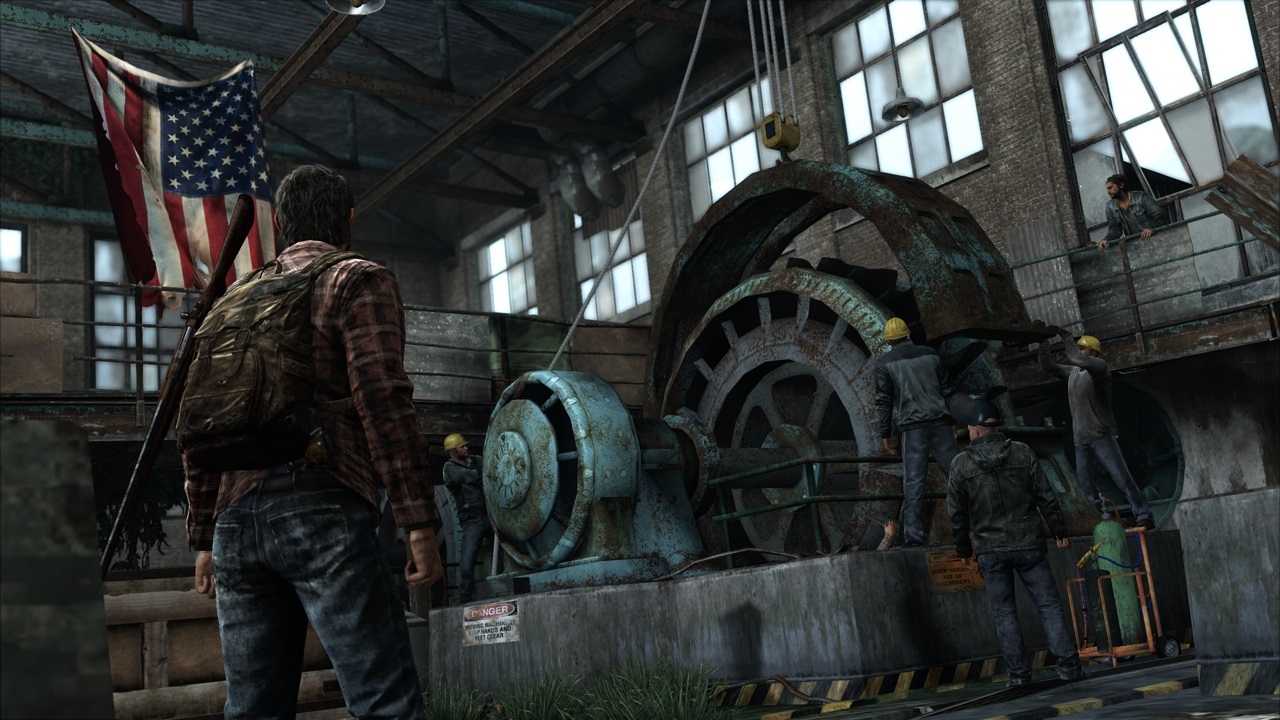
The multiplayer in The Last of Us is built around exploration and silent progression with two game modes - Survivors and Supply Raid. Battles for supplies between two four-member teams of rival factions - Fireflies and Hunters - have a different dynamic, as you must painstakingly search for bullets, and shooting reveals your position to others. The multiplayer's additional layer involves caring for your own clan, trying to keep it together by gathering supplies and completing various tasks (such as killing with headshots, etc.). However, The Last of Us leans more towards cooperative survival or a more traditional horde mode.
One of the first things I noticed, and it never ceased to amaze me throughout, is the manic attention Naughty Dog devoted to super clean sounds. When firing a flamethrower, you'll hear the liquid in the tank, raindrops hitting a flag fluttering in the wind, the whistling of nostrils during inhalation, or sniffing and wiping the back of the hand on the nose. For the first time, you have the opportunity to hear characters breathing naturally, constantly. Based on the sounds, you can count how many enemies are behind you, where the gunfire is coming from, and even how the snow slides from the branches of trees.
The Last of Us currently stands among the best-sound equipped games with an unparalleled animation system. Characters not only perceive the environment and touch it with their hands but don't need you to tell them to stick to the wall. They do it themselves. Joel doesn't push Ellie out of cover but moves away from her and turns his face towards where you have the camera turned. The game is uninterrupted by any loading or black screens, appearing only for a brief moment during a checkpoint restart.
The world in The Last of Us is dying, but the sight of crumbling buildings, structures intertwined with each other, a deserted wilderness without animals, or looted stores is hauntingly beautiful even in broad daylight. In every location, you'll find traces of extinguished lives or testimonies left for the survivors.
The nerve-wracking and psychologically exhausting journey across the remnants of America with Joel and Ellie has reached a new milestone, which can only be described as a game of the new generation. Never before have I felt such empathy for characters that I stood on the balcony in their company for long minutes, gazing into the unknown and reliving past events. Never before have I felt so sorry for a projectile when it missed the target. Never before have I had the feeling that I'm not playing a game but watching the fates of real characters and helping them extend their lives by one more day. Never before have I played a game like The Last of Us.

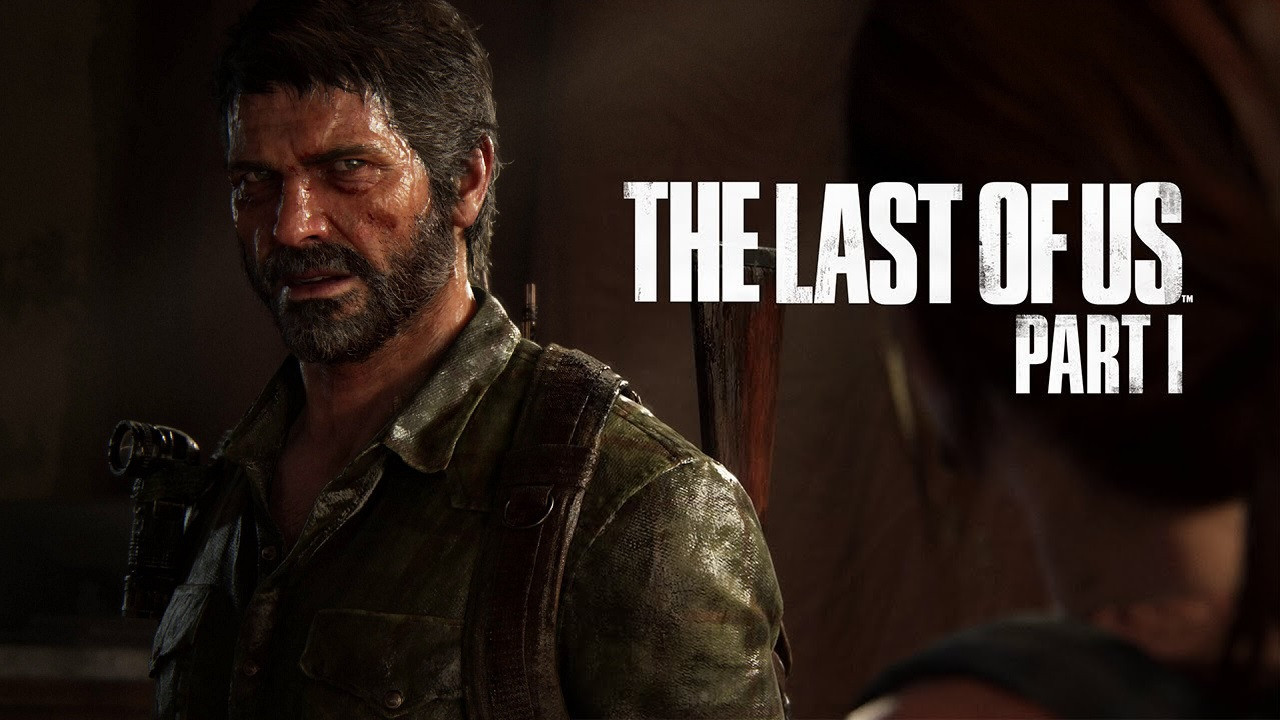
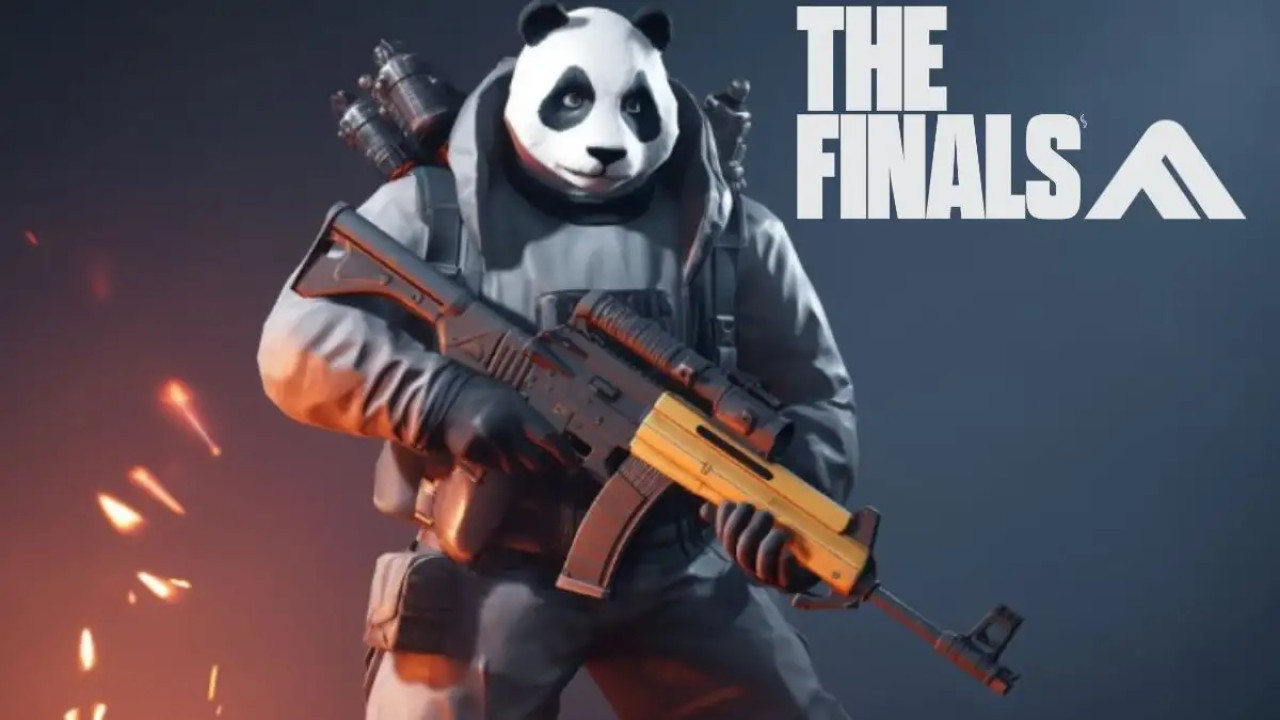
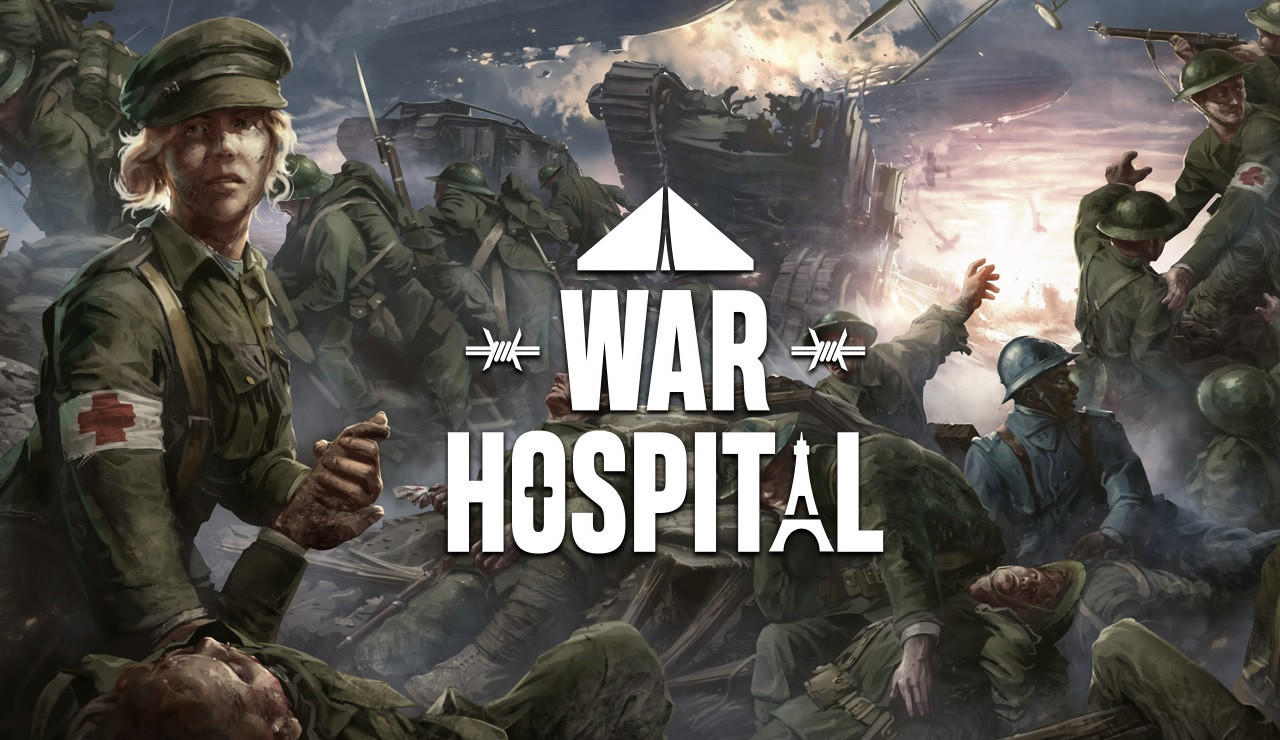

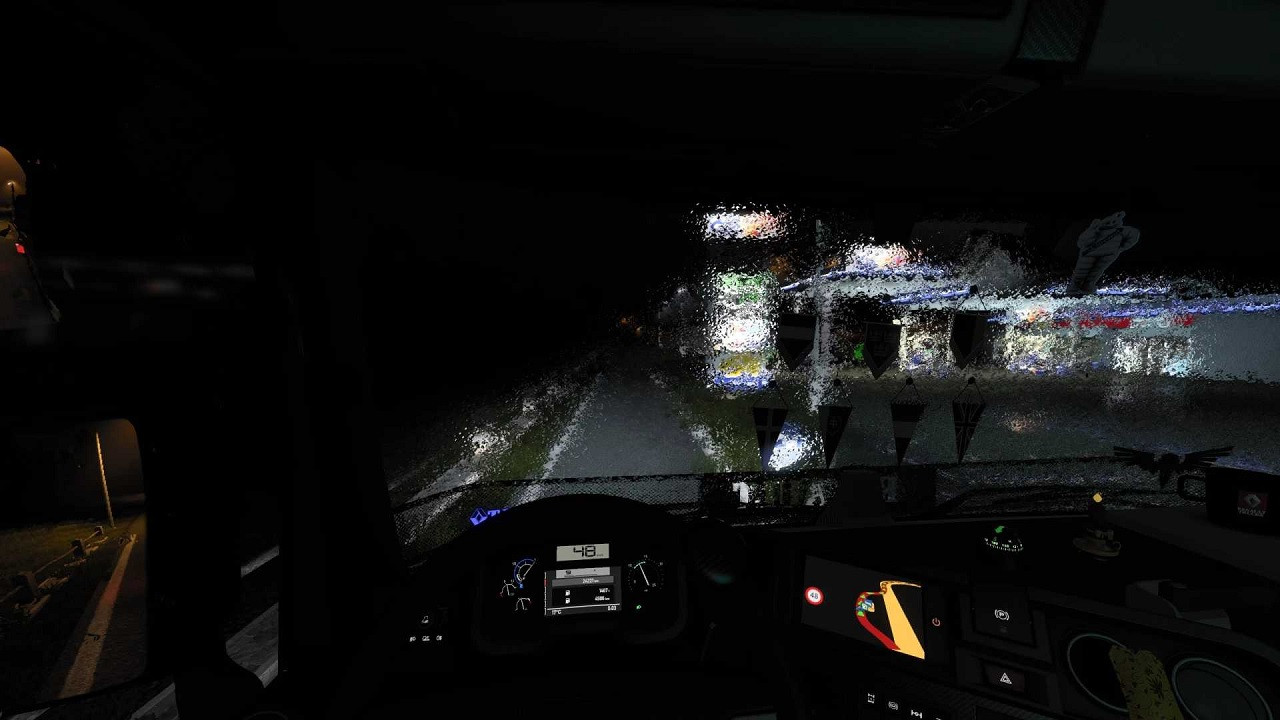
Comments (0)
No comments found